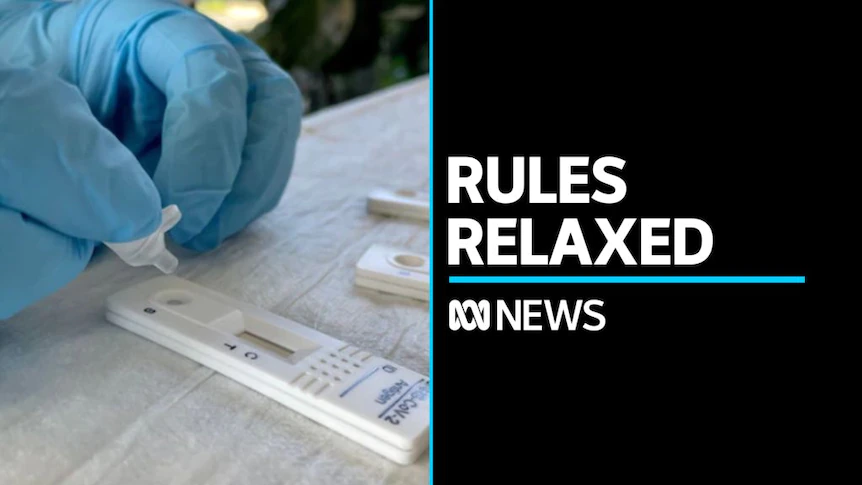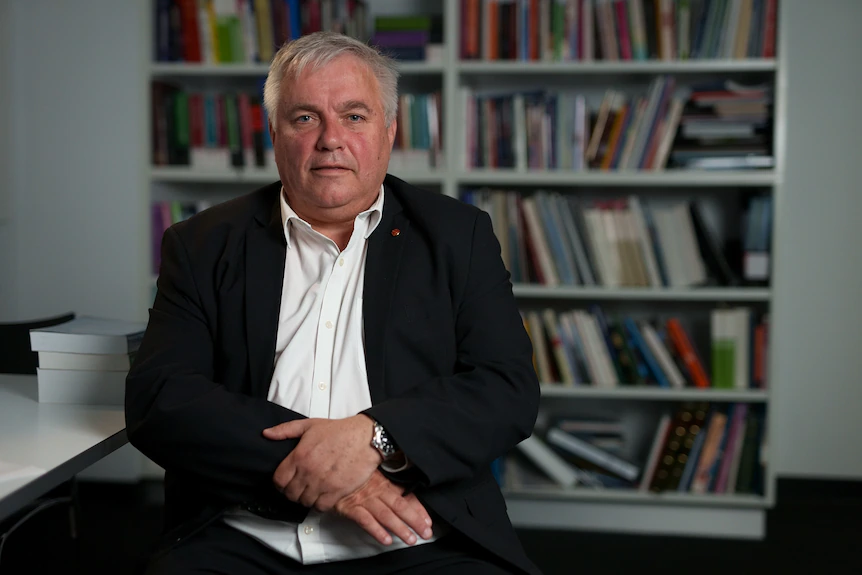The change of government has transformed many things but, unfortunately, not the secrecy surrounding national cabinet.
Anthony Albanese beats his drum about transparency but he has rejected calls for more light to be shed on the meetings he has with his state and territory counterparts.
Last week’s national cabinet decision that cut the COVID-19 quarantine time from seven to five days highlights the case for the public to be better informed, especially when controversial matters are being decided.
That decision saw health and economic considerations collide. Health experts point out people can be still infectious after five days and so, some maintain, a cautious approach should be retained. But many businesses and individuals say we are now “living with COVID” and economic and social considerations should be put first.
Neither stand is objectively “correct” — it’s how you balance risks and priorities. The point is the community should be given the information that played into the course the national cabinet chose.

Public right to know
When Albanese was asked early last week (ahead of the isolation decision) about his keeping national cabinet papers secret, his response was dismissive.
He lauded the fact that after these meetings he spoke for all the leaders, in contrast to the Morrison days, when the PM’s news conference would be followed (or even preceded) by premiers putting out their own takes. He also suggested there weren’t papers for meetings these days.
These are spurious arguments. Unanimity might be desirable, but if there are differences and they are aired, at least the public have an idea of what’s going on. And there are always minutes.
The Morrison government lost a legal challenge brought by then-crossbench senator Rex Patrick to prise open national cabinet, making it subject to freedom-of-information applications. In that case, the government argued national cabinet was a committee of federal cabinet, which was obviously absurd.
Although Patrick won, the Prime Minister’s Department frustrated later attempts to get information. Little has changed with the new administration.

Rejected again
Patrick was defeated at the election but is still on the national cabinet issue. He applied for the minutes of the new government’s first meeting on June 17. His application was rejected by the decision-maker, an assistant secretary in the PM’s department.
Patrick was told disclosure of the document would or could “cause damage to Commonwealth-State relations” by adversely affecting the trust and co-operation that underpins the national cabinet, and in particular the ability to freely raise and discuss agenda items.
“Disclosing the requested document would inhibit the ability of First Ministers to conduct robust deliberations and make decisions on critical intergovernmental policy issues […]
“This would undermine the trust between the Commonwealth and the States and Territories and would prevent full and frank discussions that achieve the best outcomes for the Australian public […]
“In turn this would lead to poorer outcomes and adversely affect all governments’ abilities to consider and respond urgently to issues of national interest, and would undermine the key decisions needed to deliver outcomes in the public interest.”
But material genuinely demanding confidentiality obviously could be redacted, rather than refusing to release anything.
Patrick has now applied for any advice the Australian Health Protection Principal Committee (AHPPC) — which comprises state and territory health officers and advises national cabinet — distributed to national cabinet for the August 31 meeting that decided to reduce the isolation period.
Consensus or not
NSW Premier Dominic Perrottet led the charge for last week’s decision. Albanese earlier had resisted a change to the isolation period, but was now ready to move.
Ahead of the meeting, Commonwealth Chief Medical Officer Paul Kelly put a recommendation to the AHPPC to shift to five days.
But the AHPPC is supposed to operate by “consensus” and Kelly could not get general acceptance for the recommendation.
Western Australia, South Australia and Victoria favoured staying with seven days. Other states either supported change or were willing to go along with it.
Some AHPPC participants were discontented at being presented with what they saw as a done deal by the Commonwealth. When this was raised, Kelly strongly rejected any suggestion he was acting politically.
Michael Kidd (acting chief medical officer on the day) presented the epidemiology and the outcome of the AHPPC meeting to national cabinet. Kidd gave a verbal briefing on the different views. As there was not an AHPPC consensus, there wasn’t a paper from that body, but presumably what was non-advice would be reflected in the minutes.
The Australian Medical Association immediately called for the government to make public the advice.
AMA president Steve Robson, pointing out that up to three in 10 people were likely to be still infectious after five days, said: “Throughout this pandemic the AMA has continuously said governments must base their decision-making on the health and medical advice and we need to see that advice and whether it supports today’s decision.”
The AMA received short shrift from the PM. “The chief health officers in every state are responsible for their respective advices, so that’s a matter for the state governments as to whether that happens or not,” he said.
Discontent from Labor doctors
Medicos in the Labor caucus weren’t consulted before the decision. One of them, Mike Freelander, who’s chairing a House of Representative inquiry into long COVID, admitted to the ABC national cabinet had made a “political” decision, adding: “We have got to live with it.”
Another doctor, Labor’s new member for Higgins, Michelle Ananda-Rajah, had already tweeted: “Five days is not enough.”
The way the decision on the isolation period played out can be seen as bringing full circle the story of experts in this pandemic.
At the start, panicked politicians, with little clue what they were dealing with, leaned heavily on the health experts. “We follow the health advice,” became the mantra, justifying what was done.
Leaders used the health experts as crutches, and as political shields (even though with Morrison there was always a tug of war between health and economic considerations — he elevated economics wherever possible).
These days, the politicians — on both sides — have grabbed back their agency. Political leaders know the community — or a majority of it — has moved on, despite the tens of COVID deaths daily. COVID case numbers, hospitalisations and deaths are now to be reported on a weekly, rather than daily, basis. The escalating cost of living has well and truly taken over from COVID as the hottest issue in the public mind.
Be that as it may, the public still deserve to know about the health advice on COVID issues. More generally, Albanese needs to live up to his professed views on transparency. As things stand, Patrick is right when he says that Albanese “has taken the blue secrecy blanket off national cabinet and replaced it with a red secrecy blanket”.
Michelle Grattan is a professorial fellow at the University of Canberra and chief political correspondent at The Conversation, where this article first appeared.

